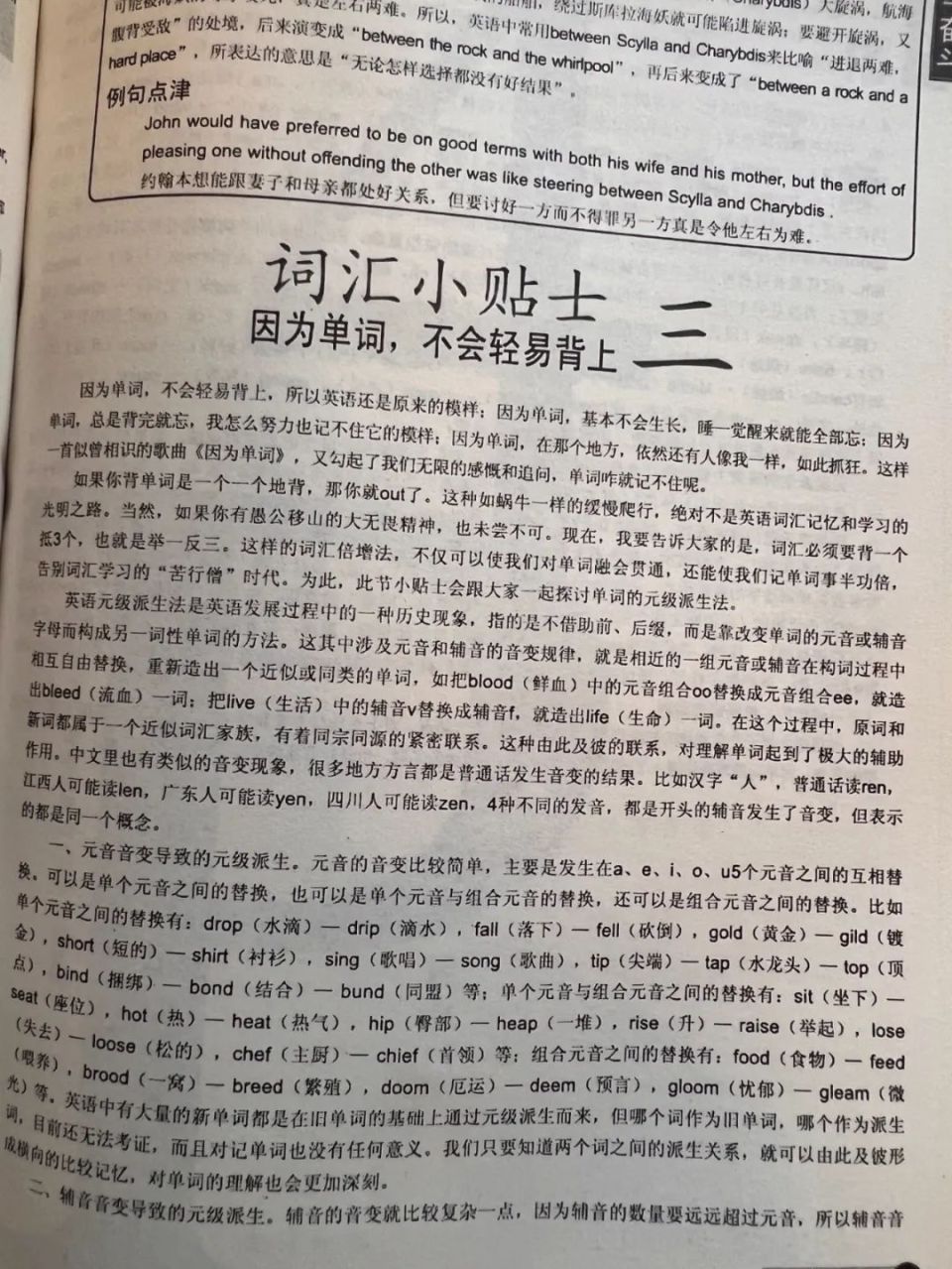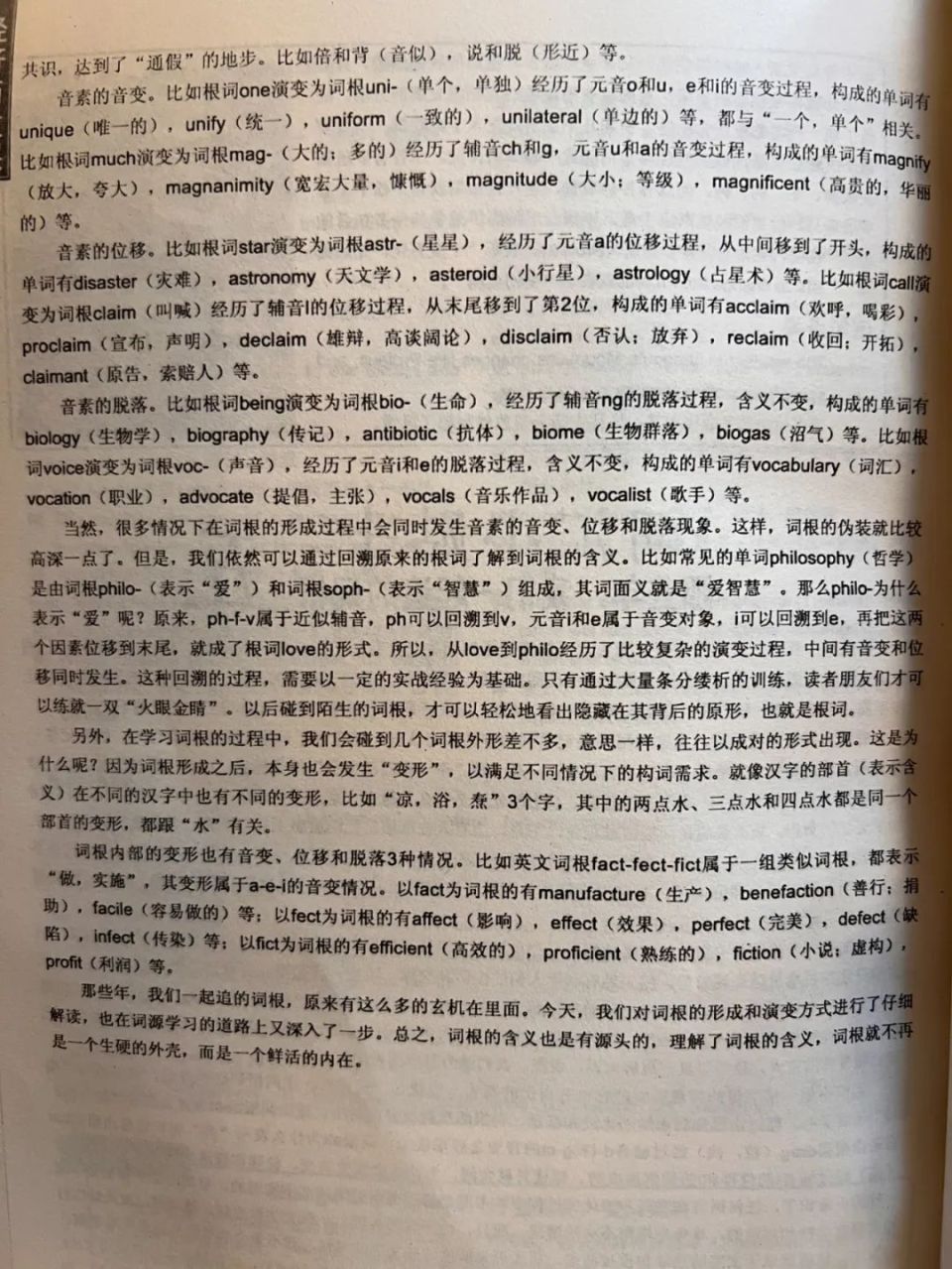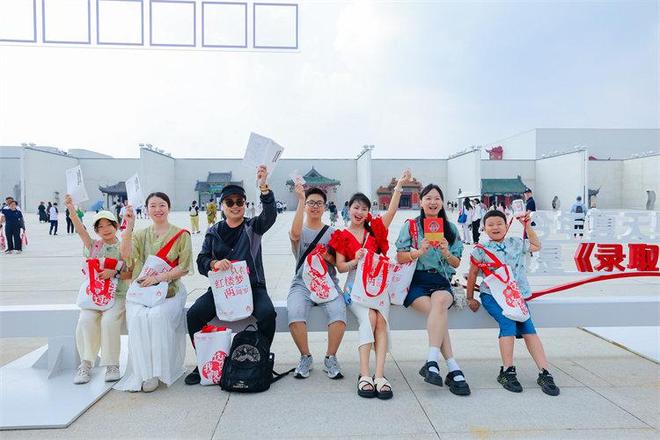你好呀,我是良哥。
提醒一下,我的阅读群现在可以加入了
面对不可撼动的现实,无法改变的人,真正的尊严不是声嘶力竭,而是清醒地“定价”绝望,把心力从无法改变的战场撤出,转而守护内心的时间与宁静。无声不是退缩,而是拒绝让消耗你的人继续盘踞自己的大脑;承认自己的无能为力,恰是对生命最后的掌控。于是,在转身离去的背影里,希望与爱仍被悄悄点燃,照亮尚未沦陷的疆域。
(注:本篇为外网付费长文,无音视频)
We know so much about the importance of complaining; of standing up against problems; of pointing out what is wrong; of doing our part to fight for goodness and justice.
我们太清楚抱怨的重要性了:抱怨能直面问题,能指出错误,能为善良和正义,尽自己的一份力。
Yet it’s because we know this lesson so well that it can – at particular moments – pay to let into our minds another far more peculiar and provocative thought, not to replace it but to sit alongside it: the importance of – sometimes – moving silently away from disappointment, letdown, irritation and evil; of falling quiet; of not-complaining.
正因为“该抱怨时就抱怨”的道理已经深深刻在我们心里,某些时刻反而值得让自己接受一个更奇怪、甚至有点尖锐的想法-不是要取代原来的信念,而是让新的信念与原本的信念并肩存在:有时候,真正的智慧是-默默离开那些让人失望、受伤、愤怒甚至邪恶的事物;选择沉默,选择不去抱怨,也同等重要。
We may choose not to complain not because we are weak, or wilful or indifferent or cowed or callous, but for a more fundamental and clear-eyed reason: because we are up against something we know we cannot change; because we have enough experience of power and victory to recognise powerlessness and constraint; because we appreciate that to complain about something that isn’t going to change carries as much of a cost as not to complain about something that can.
我们选择不抱怨,并非出于软弱、任性、冷漠、畏缩或麻木,而是出于一个更根本、更清醒的认识:因为我们面对的,是注定撼不动的铁壁;因为我们尝过胜利的滋味,才一眼认出什么叫无能为力与能力有限;因为我们更懂-对着注定不会改变的人咆哮,与对可以改变的一切缄默,付出的代价其实同样沉重。
Through futile pleading, we let go of what remains of our power and further surrender our dignity to an undeserving foe. We pay what is awful too much respect to dwell on it continuously yet in vain. For while we complain, there is so much that we are prevented from doing: innovating, thinking, building, nurturing. Our enemy may have captured our outward circumstances, we should refuse on top of everything else to give them our time and our composure. In the frank acknowledgement of our powerlessness lies a last assertion of our power.
徒劳的哀求只会把剩余的能量也拱手让人,更把我们的尊严白白献给不配的对手。我们越是反复咀嚼那无可救药的痛苦,就越是在向它献祭不该有的敬意。抱怨一旦开启,我们便无法再做真正有价值的事:创新、思考、建造、滋养。既然敌人已经夺走了我们外在的一切,我们至少还能守住时间和内心的平静。坦然承认对此我无能为力,恰恰是在行使最后一点真正属于我们的权力,不再把时间和精力浪费在注定无果的抗争上。
That is why – when we can do nothing about an antagonist, a tyrant, a rumour, a delay, a disease – we may with dignity turn our minds elsewhere. It isn’t that we don’t care. We just refuse to allow the insuperable problem to take up more of our imagination and opt instead to focus on what can still be improved and enjoyed.
正因如此,当我们对一位仇敌、一位暴君、一则谣言、一次耽搁、一场疾病全然无能为力时-我们依旧可以不失尊严地把心力转向别处。并非我们漠不关心,只是不愿让不可逾越的难题继续霸占脑我们的大脑,而选择把注意力投向尚能改善、尚能享受的事物。
This is a philosophy of pessimism rather than of resignation. The pessimist attempts to liberate themselves from futile outrage and reclaim freedom amidst upset by swiftly pricing in what is irredeemable. The pessimist refuses to give the negative the power to overtake them. Their bodies may be in agony, governments perfidious, folly triumphant. They will not be entirely subsumed, they will not allow awfulness a final victory.
这是一种清醒的悲观,而非听天由命的消极。清醒的悲观者能把愤怒折现成冷静,能把心力转投到还能掌控的领域,从而在混乱中夺回自由。他们能迅速地“定价”那些无可改变的事实,把沉没成本计入心底,免得利滚利地耗掉余生。他们拒绝让负面力量吞噬自己。身体或许剧痛,制度或许背信弃义,愚行或许大行其道,他们仍不会被彻底淹没,也绝不给丑恶续写最后的胜利。
We can consider the two great selective non-complainers of the Western tradition, Socrates and Jesus. They tried – as few others have before or since – to replace vindictiveness and irrationality with kindness and thought. But when unbudgeable disaster came, they didn’t challenge. ‘Complain to the government of Athens,’ Socrates’s friends urged him when his death sentence was delivered. ‘No,’ he replied, ‘let’s do a little more philosophy in the hours that remain.’ ‘Complain to the Roman authorities,’ Jesus’s friends urged him. But the time for that was gone: ‘they know not what they do.’
我们可以把目光投向西方传统中两位最杰出的“选择性沉默者”-苏格拉底与耶稣。他们曾以罕见的努力,试图用善意与理性取代报复与偏执。然而,真遇到无可挽回的灾难时,他们都没有选择抗议。苏格拉底被判死刑时,朋友们劝他说:“去跟雅典政府伸冤吧。”他答:“不,在剩下的几个小时里,我们再聊一会儿哲学。”耶稣被捕后,朋友们也劝他:“去向罗马当局申辩。”后面的话他没说,但答案已经写在沉默里。“申诉或解释的时机已经过去,正如耶稣所说:‘他们所做的,他们并不明白。’
We shouldn’t give our enemies the privilege of consuming our minds. We can fight them with intensity and then – when we can do no more – should turn elsewhere, not in order to escape our duties but so as better to mine what remains of our capacities for hope and love.
我们不该把敌人进入自己的大脑,任其盘踞。先全力与他们交锋;当再无可为时,就转身离开。不是逃避责任,而是把残存的精力去开采希望与爱的矿脉。
By: The School of Life
如果如果你的单词量一直涨不上去,怎么背单词都没有用,但又希望突破到七八千甚至一万,送你一本单词书。拥有这本书就如同孙悟空拥有了一双火眼金睛,从此看到任何单词,你都能穿透单词的表象抵达本质,你都能够连词成串,举一反三,实现词汇量的指数级增长,并且根深蒂固在你的记忆里。







